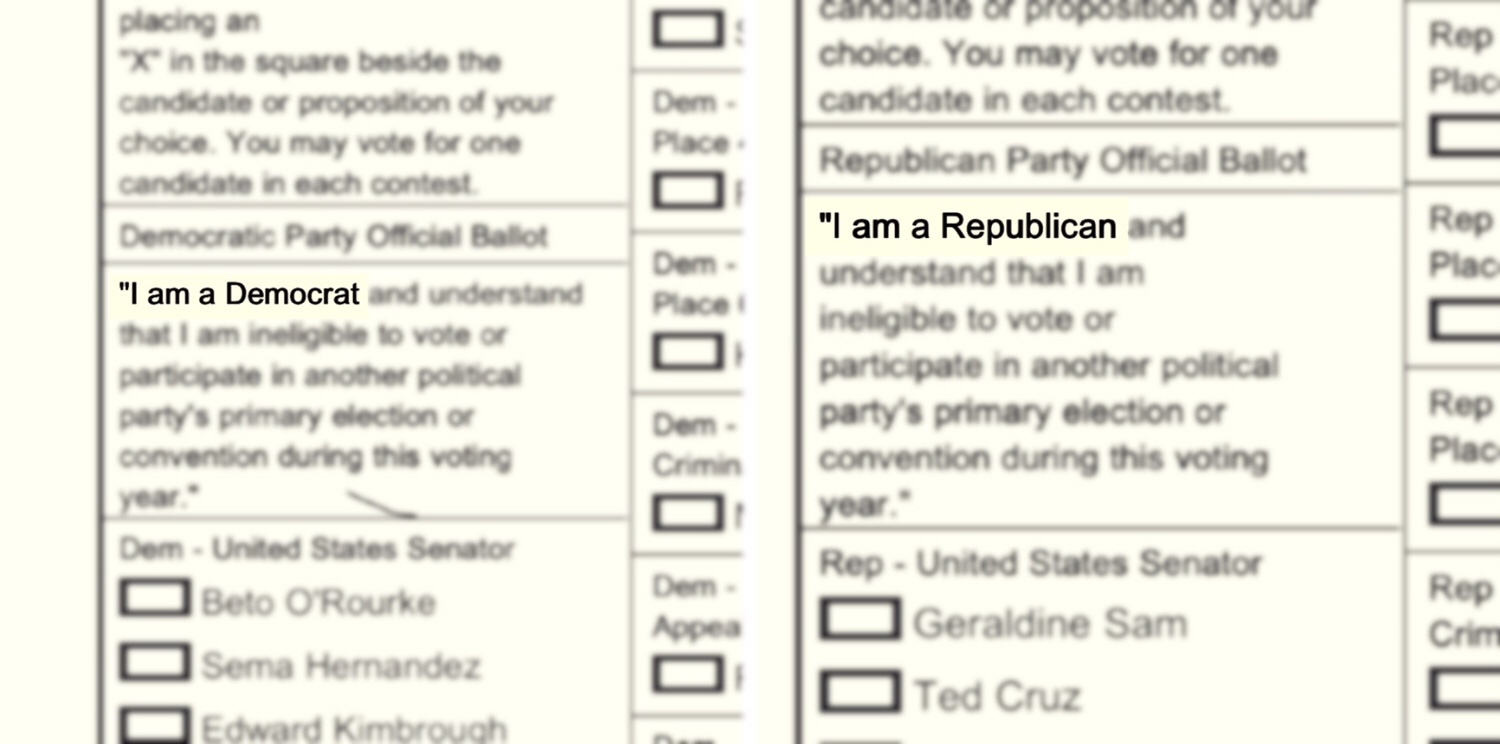The Tulsa race massacre was 100 years ago. A podcast explores that story. Blindspot: Tulsa Burning.
Tag: podcast
-

Podcast suggestion: Invisible Women
99% Invisible is always a thoughtprovoking podcast on how design affects the world around us – but this episode is particularly important. We take design for granted, and only notice when it doesn’t work explicitly. But in all the subtle ways, design decisions are a product of the culture the designers live in.
-

Podcast suggestion: Tell Me I’m Fat
An episode of This American Life called Tell Me I’m Fat.
It’s riveting and self reflecting of the subtle biases we take for granted, just by judging people’s appearances. It can ruin lives. Please have a listen.
-

Podcast Suggestion: Nancy Lorentz on Movers Mindset
Listen to this amazing lady. She’s the founder of PK Silver, and a cancer survivor. Worthwhile listen.
-

Observations on Primary Elections
Today was one of the election days in Texas. As a primer for the reader who is unfamiliar with the political set up in America, the scene is dominated by two main political parties: the Republican and the Democratic parties. And before the main elections, each party holds primary elections to install the main candidate that they are putting into the main election for each office. Although the field may have, for example, 14 potential candidates vying for the District 2 Congressional seat (9 for the Republicans, and 5 from the Democrats), by the end of the primary elections, there will be two candidates. This type of hypersimplification extends to much of American politics, even when describing issues that aren’t candidates running for office, such as resolutions or statements of principle.
Any one voter is allowed to vote in only one of the primary races, but this only serves to narrow the field within that party. The vote to win the actual office doesn’t happen until November, and is completely separate from the primary voting. I have a friend who votes in the primary in the party he will ultimately not be supporting – and this makes sense. If one is aligned ultimately with the values of a particular party, choosing to influence the composition of the opposing party means a long term engineering of overall political values towards the compromised middle, regardless of party name.

But the system is rigged early on to foster tribalist mindsets. Instead of separating party values as an issue to be discussed, voters are asked to identify themselves as Republicans or Democrats first. This subtle language establishes tribes right away, setting up the “us vs them” attitude long before any other issues are described, and thus maintains partisanship first. This nudge is how people can be led to voting against their own best interests, as fear of tribal rejection often overrides even statements of fact. David McRaney did a particularly good podcast episode on Tribal Psychology that is worth checking out. Learning to recognize the signs of tribal separation is an important skill – humans evolved to rapidly segregate into tribes, and this urge colors almost all aspects of judgement.

